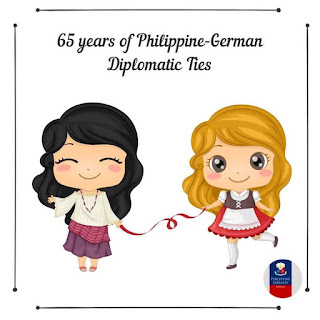appropriate appropriation | practical practice
"If we admit that in between the practices of appropriation and remix lies a need for ethics and ecology, which themselves require individual assessment and research, perhaps we can better measure the current relevance of the latest designs and recognize the scope of each one. If we accept that this new economy of shared property adds as much economic value as it does symbolic value, perhaps we will then have more factors related to our notions about intellectual property to adjust to a more progressive framework." ~ Alejandro Malo
Although this article was specifically addressing practices in photography, Malo's statement speaks to core ethical practices we choose to live by. Especially in the areas where we are inspired artistically and culturally - in the art, science and practice we apply to our business and work.
What inspires and motivates us? Is it within or outside our realm of experience or heritage? If so then are we being appropriate in its usage or application? Who or where have we borrowed our idea or inspiration from? Who or what are we influenced by?
Are we providing adequate attribution in our version of this remix?
Are we even aware that what we believe is our original idea or inspiration may actually be stolen from another? In the lively cross pollinated living laboratory called life this happens more often than we are willing to admit.
The arena of sound healing is not exempt and rife with appropriating individuals. Unless you were recently born to some ethnic tribe, those "traditional" instruments in your repertoire have been appropriated. Who was the master at whose feet you learned and drank of their wisdom and light?
When some unimaginative curious cat picks your brains, takes copious notes as you expound, take care and be wary - they may likely take off with your beloved ideas and items - to cut and paste as they please.
Collaboration, communication, community are valuable contributions that can so easily be shared and are difficult to stake clear ownership on. Be mindful in your practice and happy trails to you.
 |
| A protest sign of Sam Durant's Scaffold sculpture at the Walker Art Center's sculpture garden - Lorie Shaull image |
Although this article was specifically addressing practices in photography, Malo's statement speaks to core ethical practices we choose to live by. Especially in the areas where we are inspired artistically and culturally - in the art, science and practice we apply to our business and work.
What inspires and motivates us? Is it within or outside our realm of experience or heritage? If so then are we being appropriate in its usage or application? Who or where have we borrowed our idea or inspiration from? Who or what are we influenced by?
Are we providing adequate attribution in our version of this remix?
Are we even aware that what we believe is our original idea or inspiration may actually be stolen from another? In the lively cross pollinated living laboratory called life this happens more often than we are willing to admit.
The arena of sound healing is not exempt and rife with appropriating individuals. Unless you were recently born to some ethnic tribe, those "traditional" instruments in your repertoire have been appropriated. Who was the master at whose feet you learned and drank of their wisdom and light?
When some unimaginative curious cat picks your brains, takes copious notes as you expound, take care and be wary - they may likely take off with your beloved ideas and items - to cut and paste as they please.
Collaboration, communication, community are valuable contributions that can so easily be shared and are difficult to stake clear ownership on. Be mindful in your practice and happy trails to you.


Comments
Post a Comment